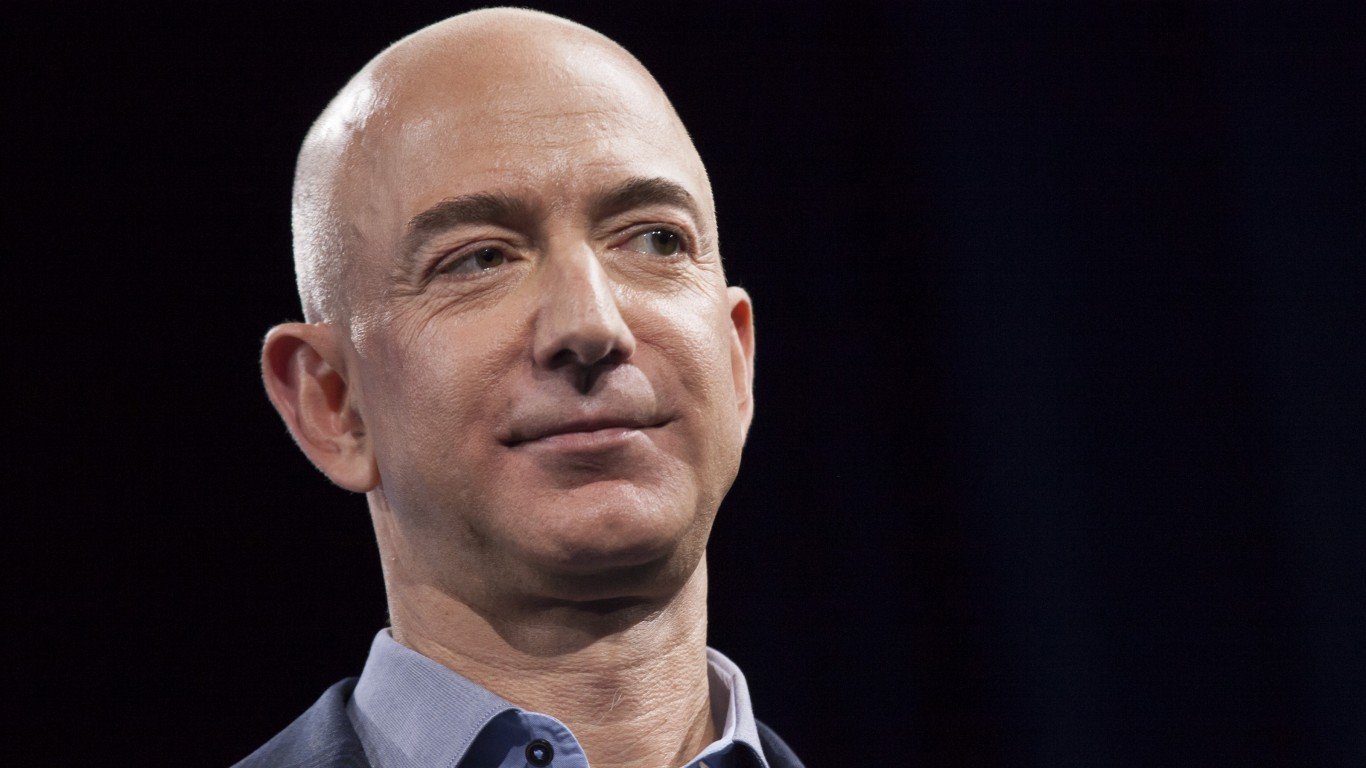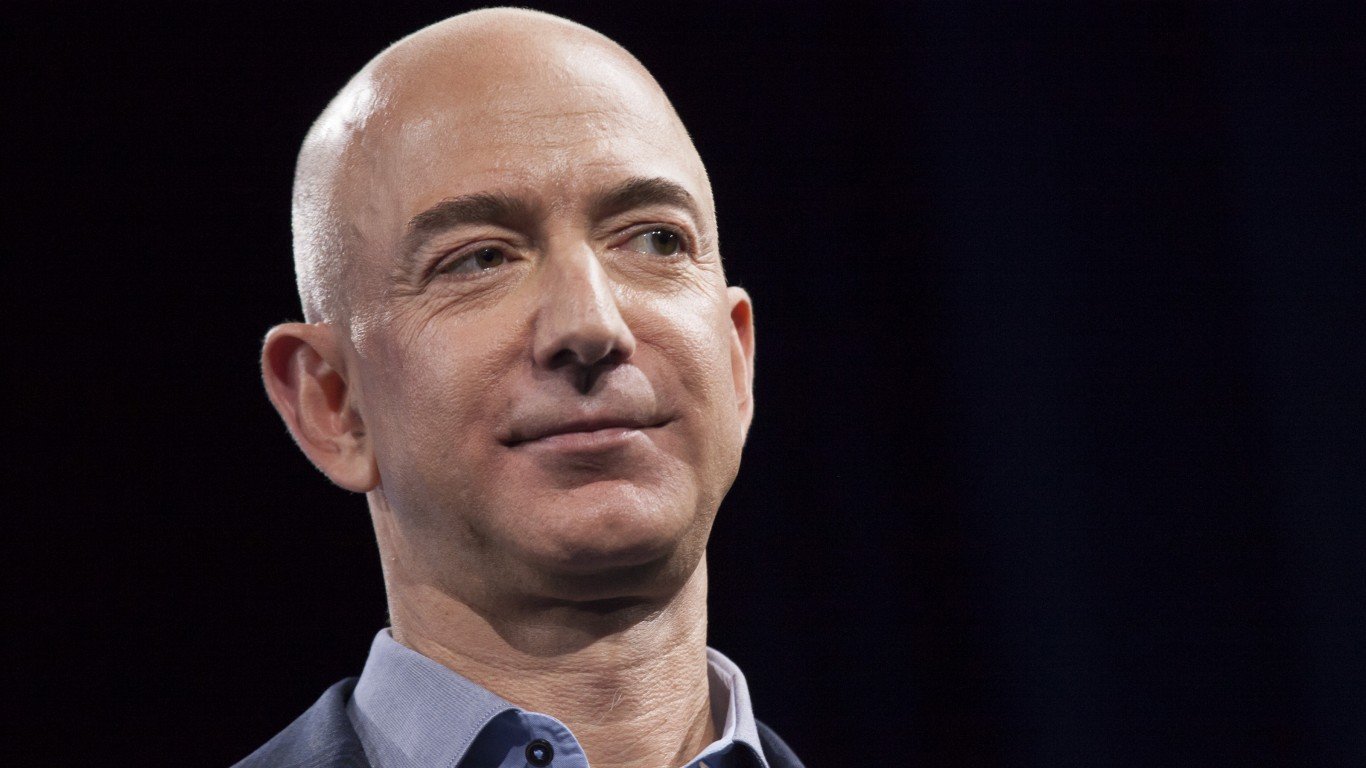

Billionaire founder and long-time Amazon.com Inc. (NASDAQ: AMZN) CEO Jeff Bezos handed over the chief executive job to Andrew Jassy on July 5, 2021. Jassy ran the wildly successful Amazon Web Services before that. His tenure running Amazon has been such a failure that Bezos should return, as founders occasionally do when their companies get into deep trouble.
Bezos is often seen in the company of other rich people, and usually with his girlfriend, Lauren Sanchez. He has transformed himself from an executive known for working beyond the capacity of most people to a man who has decided to enjoy his time off.
In the past year, Amazon’s stock has dropped a gut-wrenching 47%, which means almost $700 billion of its market cap is gone. Over the period, the fall-off has been relentlessly downward.
Amazon’s results for the most recently reported quarter were mediocre, but its forecast was dismal and its share price plunged. Management said its growth pace for the balance of the year could be the worst in two decades. The New York Times reported that “Amazon projected that sales might slow to as low as 2 percent in the current quarter, which includes the vital holiday shopping season.” The retail industry is expected to do better than that in the final quarter of this year.
Revenue in the third quarter rose 15% to $127 billion. However, operating income dropped to $2.5 billion from $4.9 billion in the same quarter of last year. North American sales were a healthy $78.8 billion, but the division made a meager $880 million. The international operation lost $2.5 billion on revenue of $27.7 billion.
It is not uncommon for large companies to bring back founders or CEOs who once had successful tenures. Starbucks, which is headquartered in Seattle near Amazon’s corporate offices, recently brought back on-again, off-again CEO Howard Schultz. The coffee company recently announced robust earnings. Comparable store sales rose 7%. Revenue rose 3% to $8.4 billion. However, the quarter a year ago had 14 weeks, while this year it was only 13 weeks.
Thank you for reading! Have some feedback for us?
Contact the 24/7 Wall St. editorial team.
 24/7 Wall St.
24/7 Wall St.


